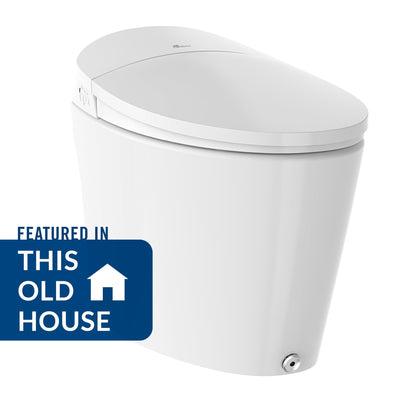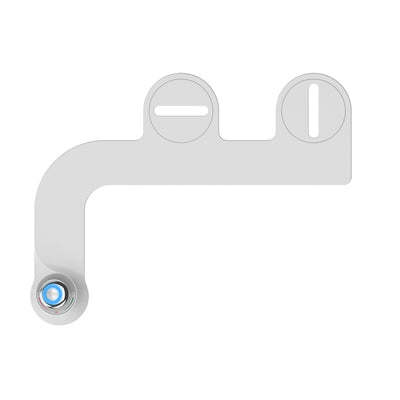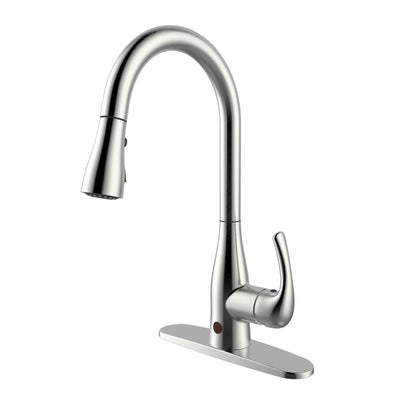What Causes Runner's Diarrhea?

Also known as "runner's trots," nothing slows your roll like a bout of runner's diarrhea. If you've ever tackled the local 5k or simply picked up running to get active, you've almost certainly had to make a mad dash to the bushes or back home at least once. What causes runner's diarrhea, and why do so many people struggle with it? We'll come out of the gate saying this: If you have consistent dietary distress, speak with your healthcare provider. If the trots are just an occasional problem, read on.
How Common Is Runner's Diarrhea?
One study found that 62% of long-distance runners have experienced the dreaded runner's trots. That means nearly two-thirds of athletes running 3 miles or more have had digestive distress at least once. Doctors and sports scientists aren't entirely sure what causes the issue or why it's so common, which makes it a little more challenging for runners to prevent.
The Symptoms of Runner's Diarrhea
There's more to the physical symptoms than just diarrhea, although that would be enough to make the trots worth avoiding. Some runners may not experience diarrhea during or immediately after a run. Instead, they face other digestive issues, such as:
- Gas, often painful
- Acid reflux
- Nausea
- Cramping
It's important to note that some runners don't experience all these symptoms and that these ailments may not present until after the workout. The severity of symptoms may vary in individuals or from run to run.
How Long Does Runner's Diarrhea Last?
Most runners will begin to experience symptoms during the run and between an hour and several hours afterward. If gas, reflux, nausea, or loose stool continue to cause discomfort for more than a day, consider contacting your healthcare provider.
Related: What Foods Cause Diarrhea?
How to Prevent Runner's Diarrhea
The two most likely factors causing the trots are related to blood flow and diet, though there are other ways to avoid symptoms.
It's in the blood. One theory posits that intense or prolonged physical activity reduces blood flow to the digestive system, which may cause the colon to relax. There's also evidence that exercise increases the levels of certain enzymes that can impact the stomach lining.
You are what you eat. Diet also plays a role in preventing stomach distress before exercise. Doctors haven't isolated specific foods that cause problems, but there's plenty of anecdotal evidence that single out a few helpful tips.
Careful with that cuppa joe. Coffee is a known diuretic and can trigger bowel movements, especially in the morning. Restrict coffee and caffeine a few hours before your run to avoid problems.
Reduce fiber intake. Fiber is healthy and can help keep you regular. Experts recommend reducing fiber intake in the hours before your workout and sticking to foods that are easier to digest, such as:
- Toasted bagel
- White bread
- Baked potato
- Oatmeal
- Waffles or pancakes
Save the veggies for later. Avoid high-fiber foods like spinach, broccoli, and beans. These are hard for your body to digest and can wreak havoc on your stomach during a run.
Give it time. Eat two to three hours before your run, and give your stomach plenty of time to digest a full meal. If you run early in the morning, make sure to eat breakfast. Instead, stick to an easy-to-digest granola bar, banana, or toast to provide the energy you need to perform.
How to Avoid Runner's Diarrhea with Diet Tracking
Everyone is different, and only you can accurately track the foods or habits that trigger digestive problems. Record what you eat in a four-to-six-hour period before a run and note which days you experience stomach trouble. You will likely discover a pattern that helps you determine what not to eat before a run or how long before a run you need to eat to avoid problems.
Gut Health Is Health
Digestive health is a growing priority for many Americans, and it should be! From impacting exercise to influencing what foods we can eat, understanding how diet, digestion, and overall health intersect leads to a richer and longer life. Make Bio Bidet a part of your healthy habits. Explore our bidet products and let us know how we can help you find the right bidet for your home!





